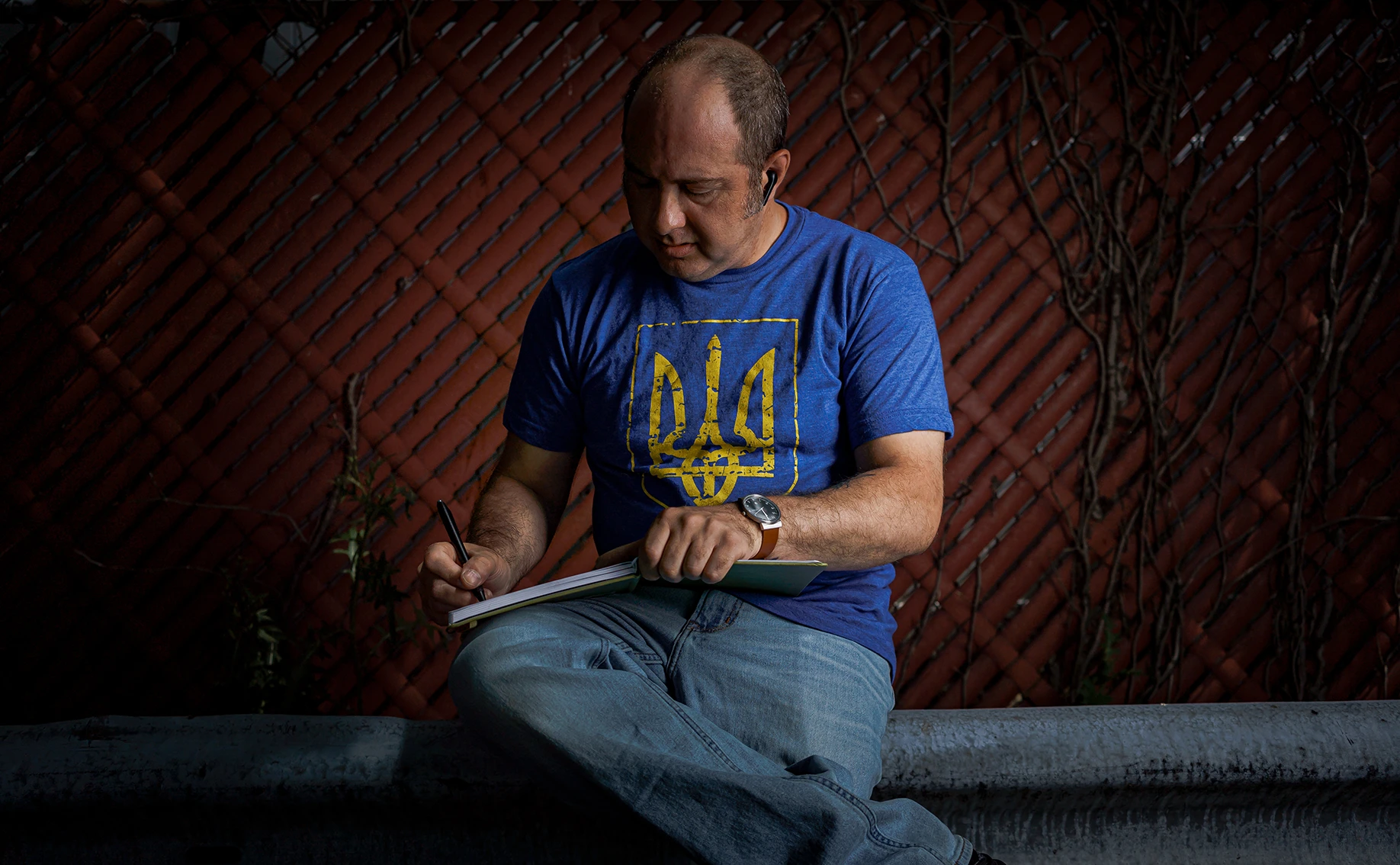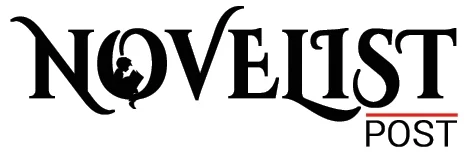Steven W. Simon Weaves Powerful Narratives of Outsiders and Misfits in His Evocative Works

Exploring the Depths of Humanity Through Fiction and Poetry
Featured in Reader’s House Magazine
Steven W. Simon explores themes of alienation, resilience, and identity in his works. As an independent author, he embraces creative freedom, crafting evocative stories and poetry that challenge conventions and resonate deeply with readers.
Steven W. Simon’s storytelling resonates with those who have ever felt like outsiders, crafting evocative narratives that explore the complexities of human existence. His works, such as Red as Apple and Into the Fracking Fields, delve deep into the lives of misfits, painting vivid portraits of individuals who struggle to find their place in the world. With a distinct voice that blends raw emotion with insightful commentary, Simon challenges conventional storytelling, drawing readers into immersive worlds where every character and setting carries profound significance.
A champion of independent publishing, Simon has embraced the creative freedom that comes with self-publishing. This path allows him to shape his stories without the constraints of marketability, enabling him to stay true to his artistic vision. However, it also means taking on the responsibilities of editing, marketing, and distribution himself—a challenge he meets with a mix of determination and introspection. The independence grants him the ability to create without external pressures, though he acknowledges the inevitable self-doubt that comes with forging one’s own path.
Simon’s characters are often extensions of his own experiences, reflecting his personal journey and struggles. The protagonist Michael from Into the Fracking Fields embodies the insecurities of his adolescent years, longing for acceptance in a world that feels alienating. Meanwhile, Ansel in Red as Apple represents the adult version of himself—worn down yet unwavering in his dedication to his family. These characters are more than fictional constructs; they are fragments of Simon’s own identity, each revealing a different facet of his perspective on life.
The settings in Simon’s works serve as more than mere backdrops; they play a pivotal role in shaping his narratives. Into the Fracking Fields presents a landscape inspired by the coal mining towns of Appalachia and the Rust Belt, reflecting the economic despair and desolation of communities left behind by progress. The book also ventures into a dystopian realm shaped by research into fracking, seismic activity, and environmental decay, mirroring real-world disparities that continue to persist. His exploration of these themes raises unsettling questions—are the dystopian prison camps in his novel so different from the reality many face today? Is the so-called “normal” town truly better?
Simon’s refusal to be confined by genre conventions allows his work to exist in a space of its own. While his narratives could be categorized as general fiction, they carry elements of Americana, reminiscent of literary greats like John Steinbeck and Jack Kerouac. This freedom, however, comes with challenges. In a digital landscape dominated by keywords and targeted marketing, authors who do not fit neatly into a specific category face an uphill battle in finding their audience. Yet, Simon remains committed to telling stories that resonate with readers on a deeper level, offering perspectives that transcend the boundaries of genre.
His versatility extends beyond novels and novellas—poetry is another avenue through which he expresses his observations and emotions. While his prose often begins with a singular scene that unfolds into a larger narrative, his poetry originates from a moment of awareness, an absurdity, or a profound feeling. He approaches poetry with the same critical eye he applies to fiction, crafting verses that capture the essence of human experience in a few carefully chosen words.
Steven W. Simon is an author who embraces the raw, unfiltered realities of life, shedding light on the struggles of those who exist on society’s periphery. His work is a testament to the power of storytelling that dares to be different, inviting readers to step into worlds that challenge, provoke, and ultimately, resonate.
















